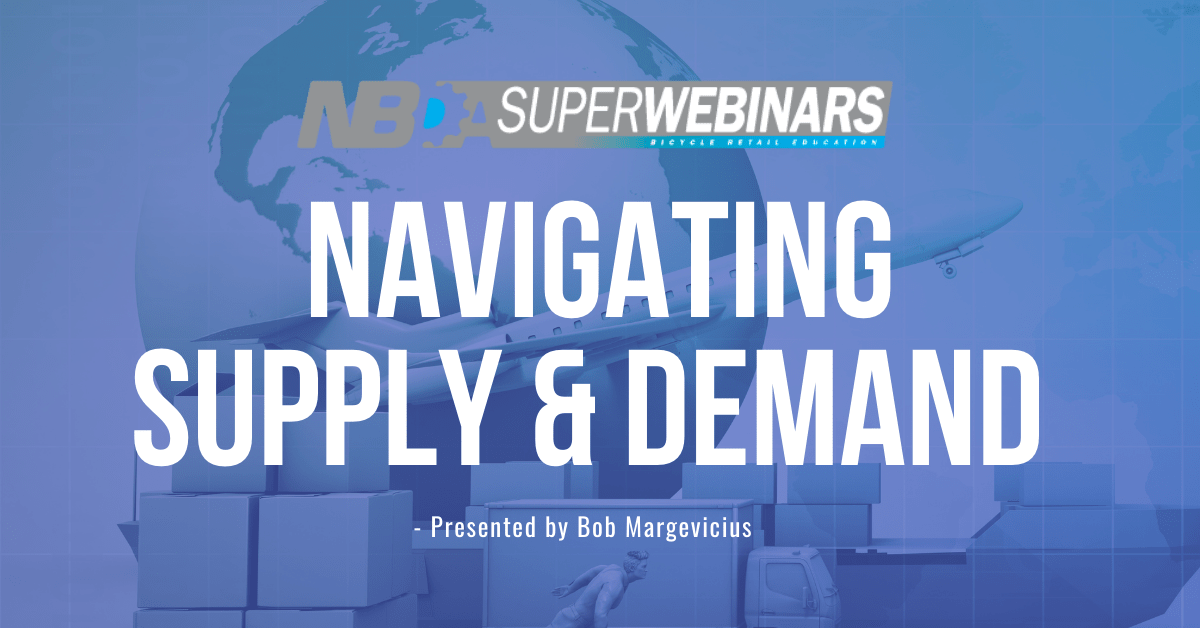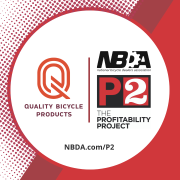Getting the Best Processing Rates
Written by Jim Luff – Chosen Payments
As a credit card processor for your association or trade group, the most common question we are asked about each day is: “What are your rates”?
If you ask a credit card processor this question and they offer a flat rate of any amount, RUN AWAY! Flat rate processing is the worst rate you can get. We’ll explain more about that below. Merchant’s ask what a processor’s rate is because accepting credit cards can be a significant expense to businesses. Processing fees typically range from about 2.0% to as high as 4.0% of every transaction. That’s money that comes directly from your profits. Let’s assume your business does $75,000 a month in credit card transactions. On average, that will cost your business about $2600 in fees.
Most merchants falsely believe that your processor receives the fees. The fees are split among financial institutions that enable these payments and there are several entities that we as a processor collect fees for.
About Fees
Interchange Fees
The largest portion of fees goes to the issuing bank. That’s the bank that issued and manages the credit card used to make payment to your business. A bank issued credit card might be a Wells Fargo Visa or Citibank Mastercard.
Assessment Fees
Assessments fees are paid to the card networks, such as Visa, Mastercard, Discover and American Express for managing their respective card networks.
Payment Processor Fee
This fee goes to your processor, such as Aurora Payments. Your processor manages the logistics of getting card payments processed for your business.
Pricing Structures
Payment processors generally set rates based on one of three pricing structures
Flat-rate, or blended, pricing
This is a pricing structure mostly used by aggregators such as PayPal and Square. Aggregators are not true credit card processors and only offer flat rate processing. For instance, Square charges 2.6% plus 10 cents for each transaction. This is the most expensive pricing structure and unnecessarily drains profits. Quite frankly, it’s a horrible price structure.
Tiered Pricing
This structure is based upon three tiers: Transactions are deemed as “Qualified” when the card is a debit card or credit card that offers no rewards program. “Mid-qualified” transactions include cards with some rewards programs. “Non-qualified” transactions include corporate cards and cards with generous rewards programs such as the American Express Platinum card. In tiered pricing, interchange rates are the lowest for Qualified transactions and the highest for Non-qualified transactions. This structure also includes a percentage-based fee, but the fee is based on the type of card presented for payment and varies based upon the card. It’s less expensive than flat-rate pricing because you pay less for qualified transactions. As an example, a non-rewards Visa might have an Interchange rate of 1.56% and that’s what you would pay instead of flat-rate price of 2.6%.
Interchange-Plus Pricing
This is the least expensive pricing option and one that we offer at Aurora Payments and our family of processing companies. Interchange rates vary based on different factors such as the brand. Visa’s network rates are different from Mastercard’s. Credit cards that offer rewards to the cardholder cost more to process than non-rewards credit cards. Other things that can affect a rate include how the card is processed. In-person transactions are less expensive than card-not-present transactions. With this pricing structure, the interchange rate charged by the credit card network is what you are charged for the transaction along with a pre-defined markup that goes to your processor. You will enjoy the lowest interchange rate based upon the card presented to you with this pricing method and that makes it the best for merchants.
Lowering Your Rates
Look for negotiable fees such as the markup amount in interchange-plus pricing and negotiate in your favor. Watch out for excessively high statement fees or minimum monthly processing fees. Ask your processor about PCI compliance fees. Always avoid leasing credit card terminals. You will pay as much as five times the cost of a terminal if you lease. Consider implementing a Cash Discount program that shifts the cost of processing credit cards to your customers and eliminates the fees altogether.
Skip Flat-Rate Pricing
Many businesses, especially new businesses start out processing with aggregators like PayPal or Square simply because it’s convenient and you can start accepting credit cards the same day. However, this also means paying the most expensive option forever. Choose a processor that offers interchange-plus pricing or Cash Discounting and save money.
If you are not an existing Merchant, we are ready to help your business save money. Call us at 833-AURORA (833-287-6722) or email us at hello@risewithaurora.com. The Aurora Payments family of companies includes Chosen Payments and One Payment.











